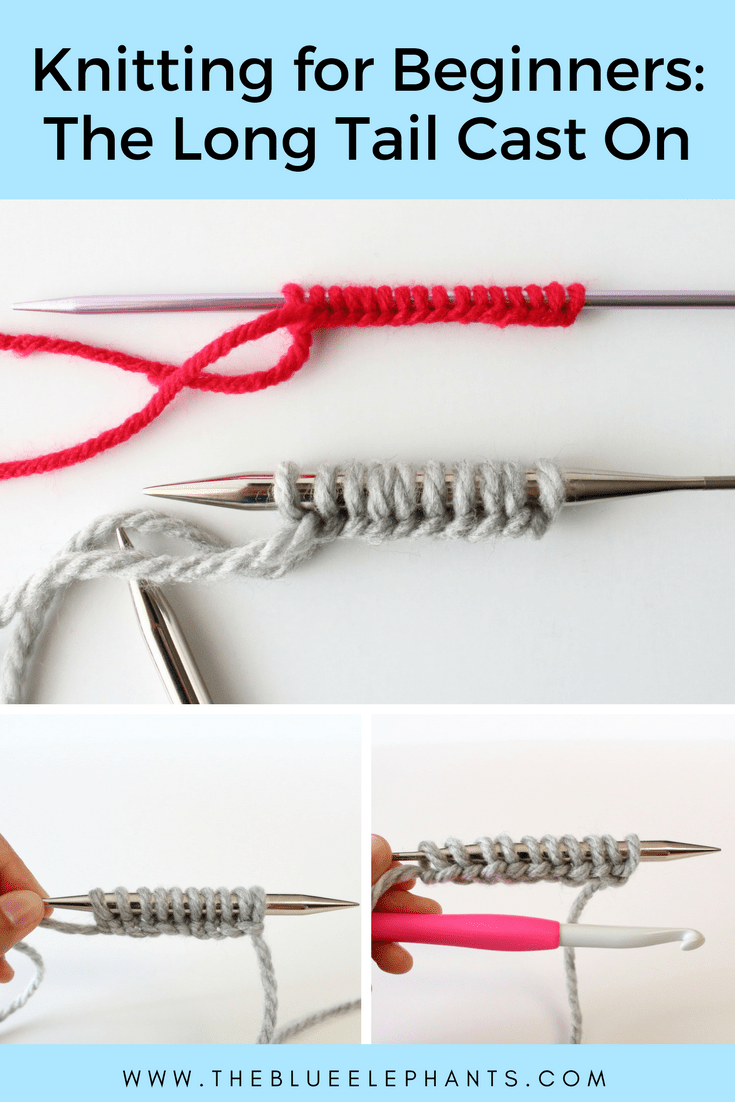
Jigsaw houses are usually made up of pieces that you can connect together. But what if you are unable to find a piece of the puzzle? You might also want to save money if your home is unusually shaped. This article will provide an introduction to the concept as well as explain why it's such a good idea. We'll look at the "Nakahouse" from XTEN Architecture, the "Jigsaw Residence" from Tom Henderson and Andrew Verri's Interlocking Meshed Boxes.
XTEN Architecture's "Nakahouse"
Located in Hollywood, California, Nakahouse is a stunning and striking transformation of a 1960s hillside house. The home's base was preserved by the architects. However, they reconfigured the interior spaces and added a rooftop terrace as well as a jacuzzi. Nakahouse, despite being only 1,890 sq. feet, packs a huge spatial experience in a small space. The innovative approach of the architects to creating a modern home has been featured in many architectural publications and exhibitions.
XTEN Architecture's 'Nakahouse' is situated on a hillside with breathtaking views of the city. The house features a bold combination of black & white, which creates a stark contrast between the exterior and the interior. Its minimalist aesthetic is both timeless and striking. The home features two master bedrooms along with a study in both interior and exterior lighting. There are two bathrooms, one large one one small.
Tom Henderson's "Jigsaw Home"
Tom Henderson's Jigsaw Residence features an eight star energy rating due to its high energy efficiency. This is due to the concrete floor, which provides thermal mass, and a central concrete hearth. The design integrates the living areas with the gardens. Furthermore, the north-facing living area receives natural light during cooler months thanks to its bright, natural light. You can feel at home in your Jigsaw home, or in the nearby neighborhood.

Tom Henderson was a Canberra native who moved to Denmark in the summer of 2000 after completing a carpentry apprenticeship. He fell in love with the strong traditions of Northern Europe while there and gained a passion for quality construction. When he returned to Canberra with his growing family, he decided to build his own home. He has worked in construction for both individuals and companies throughout his life. Jigsaw Residence is his way of sharing his passion.
FAQ
Why do we need hobbies?
Hobbies are an important part of our lives because they give us time to relax, unwind, think creatively, exercise, socialize and enjoy ourselves. Hobbies offer opportunities to develop new skills as well as life-long interests.
Hobbies can help us find meaning and purpose.
They are great for spending your free time when there's not much else.
They're also fun!
If you don't have time for a hobby, then you probably don't have time for anything else either.
Look at all the options. Maybe you should consider starting a hobby.
How do I get started?
The first step toward starting any new hobby is to decide what kind of activity you'd like to pursue.
Passion is essential once you have selected your subject.
It is essential to understand the reasons you want to start a hobby. This will help you to find your purpose and direction.
Once you decide what kind of hobby you want, you can start planning.
Consider the equipment that you will need.
You might need to consider whether you should attend classes or seminars.
Make sure that you have enough space in your home for your hobby.
You might also consider joining a club. These groups are often supportive and offer advice.
Finally, think about how much money you would need to spend on your hobby.
What is a good hobby for kids?
A hobby for kids is any activity they like to do as part of their normal daily routine. You might find them interested in drawing, building things, painting, writing stories, playing with toys, listening to music, reading books, watching TV, and playing computer games. They may also like to play soccer, football, basketball, cricket, rugby, baseball, and hockey.
Parents worry that their children might get in trouble if they are allowed to do what they like. It is not true. They won't get into trouble if your child is safe and does not cause harm to others or themselves.
It's important to remember that just because they like to do something doesn't mean that they'll always choose to do it. If they are passionate about drawing but hate writing, they might choose to draw pictures over writing.
There are lots of different types of hobbies out there, so it's really up to you to pick one that you enjoy most.
What are your top hobbies?
Your favorite hobbies are ones you enjoy. If you love what you do then you'll find it much easier to keep going. It will also be easier to find a reason to stop feeling tired or sick.
The hobbies we all love are gardening, painting and crafting, photography.
You might also consider volunteering at a local charity shop or animal shelter, children’s hospital, hospice, elderly home, school, community centre, church, and other places.
Perhaps you want something more adventurous. Try scuba diving, rock climbing or parasailing.
There are many unique ways to spend time in the outdoors, whether you're looking for adventure or a more traditional way to do it. These include caving.
Statistics
- Much of this decline reflects the fact that teens are less likely to work today than in the past; among employed teens, the amount of time spent working is not much different now than it was around 2005. (pewresearch.org)
- 37% Video Games 36% Travel 36% Health and Fitness (quizexpo.com)
- I am 100% biologically a woman (discover.hubpages.com)
- The Role of the Mind in Sex, Dating, and Love: Men in the “humor” condition received phone numbers from 42.9% of the female participants and were refused 57.1% of the time. (time.com)
- Almost 80% of people claim to have no hobby. (hobbylark.com)
External Links
How To
How to learn a musical Instrument
There are many ways you can learn to play music. You could attend a school, read a book, get lessons from someone who plays a musical instrument, or look at videos online. If you are determined to learn on your own, these tips and tricks might be helpful.
-
Find something that interests and you. If you don't like any of the instruments you see around, then you should try another one. It would be hard to get into playing an instrument if you don't enjoy doing it.
-
Be patient. Learning anything new takes time. You don't have to learn everything in one go. Instead, practice every day.
-
You should practice often. You can do this even when it is hard. This will ensure that your memory doesn't fade.
-
Pick a place where you can practice. You want to be in a place where you are not disturbed by others. Be sure to not distract others. It is best to avoid listening to loud music nearby.
-
Have fun. Music is meant to be enjoyed. Have fun with your practice. You'll be more motivated to practice if you enjoy yourself.
-
Set goals. Set goals. You'll know exactly what you must achieve. This will make it impossible to fail.
-
Keep track of how you are doing. Keep track of all your successes and failures. Doing so will help you improve over time.
-
Take breaks. Sometimes you just need to take a break. You will be able to take breaks and think about the things you are doing.
-
Ask questions. Ask questions. They may be willing to help.
-
Listening can teach you a lot. Many musicians love to listen to and imitate songs. This helps them understand the basic concepts behind the song.
-
Read books. Watching videos or taking classes will not teach you as much as reading books. You will also find information in books that you won't find anywhere else.
-
You can join a band. Playing with other people will make you more practice. Plus, you will find people with similar interests to you.
-
View tutorials. Tutorials are short videos that explain various topics in great detail. These videos often focus on one aspect or part of the instrument. Tutorials can be helpful in understanding difficult parts of an instrument.
-
Explore different learning methods. Some prefer to learn by listening, while others prefer reading. Keep trying until you find your preferred method.
-
Practice makes perfect. It is not possible to become an expert overnight. Instead, it takes time and effort to become proficient enough for you to succeed.
-
Learn from other musicians. Listening to your fellow musicians perform their favourite songs can help you learn quicker.